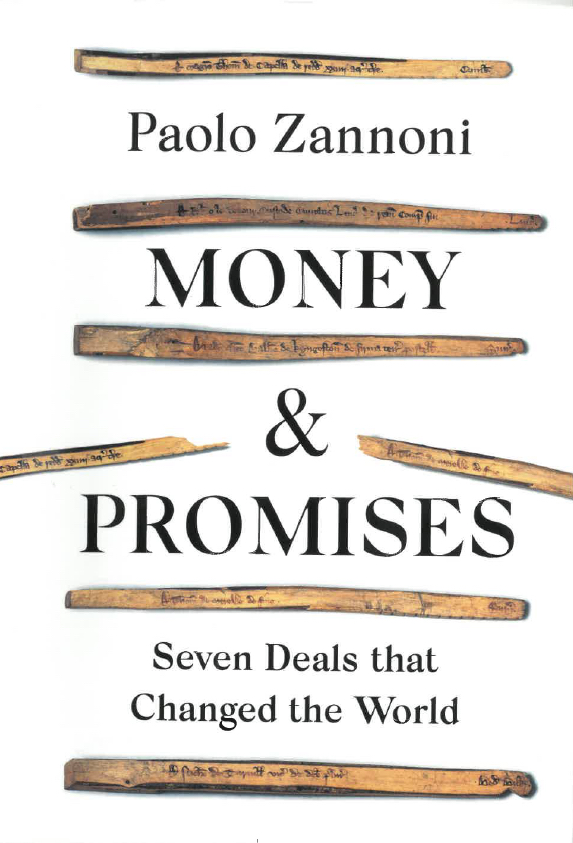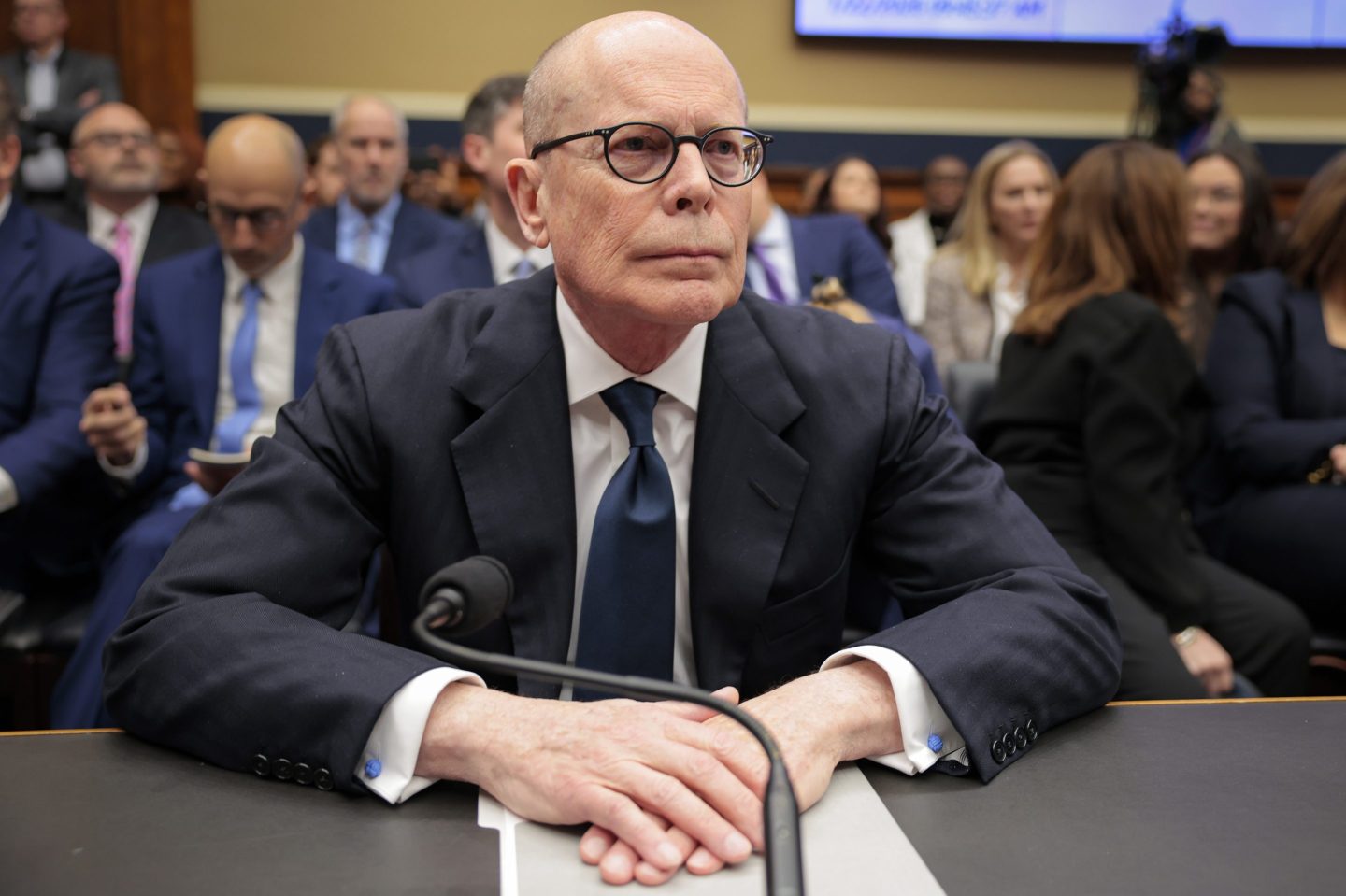Why do banks fail? They fail because bankers are and forever will be debtors. Banks are in the business of debt; they owe to their clients, their fellow bankers, their partners, their competitors. And their clients and competitors owe to them. One might argue that a business that is based entirely on the exchange of debts—that earns its income by exchanging debts, and therefore has it as both assets and liabilities—is actually destined to fail. And when banks do fail, governments will always seek to bail them out.
Let’s take two brief examples to illustrate this important point. On October 16, 2008, my old boss at Goldman Sachs, Hank Paulson, then U.S. Treasury Secretary, asked the leaders of America’s nine biggest financial institutions to accept an injection of equity by the federal government. At over six-and-a-half feet tall, and a former defensive lineman for Dartmouth’s football team, and still known today as “Hank the Hammer,” when Hank Paulson asks you to do something, he can be pretty persuasive, as I know only too well.
The banks did what Hank asked.
In response, the frantic selling of shares in the nine institutions that had been taking place over the previous weeks ceased abruptly. Though the stock market still suffered, and the financial crisis was far from over, the run on the equity of the banks came to an end. The hedge funds that had led the charge were forced to retreat, recognizing that even they could not attack the banks with the government supporting them, acting as a shareholder.
In the process, the banks were saved, the American banking system became more stable, and the economy recovered, at least until the next cycle of expansion, bailout, and retrenchment.
It was ever thus. Nearly 500 years earlier, on November 18, 1513, in Venice, the Priuli Bank opened for business on the Rialto. Gerolamo Priuli, the Managing Partner, placed the bank’s ledger on a bench in the square, next to which he piled up stacks of gold and silver coins. Unfortunately for Priuli, the day did not start well. As soon as the bank opened, clients lined up in front of the bench to swap their bank credits with coins from the stacks. Priuli knew he would soon run out—his debts outnumbering the gold and silver at his side—so he sent a messenger to the Council of Ten, the highest governing body of the Republic, which met nearby.
When the Ten learned of Priuli’s predicament, they dispatched the official standard bearer with the Council’s flag to the Rialto. The bearer placed himself and the flag behind the bench, next to Priuli. The message was loud and clear: the Republic would make sure the bank had enough coins to meet the demands of its customers. Reassured, Priuli’s clients dispersed and went about their business. The bank was saved. For the time being.
The similarities between October 16, 2008, and November 18, 1513, are striking. Facing a banking crisis, the Treasury Secretary of the United States, a modern democratic nation, behaved much like the Council of Ten, the executive body of an ancient aristocratic republic. Over the course of 500 years, nations have become richer, financial technology has evolved, and governments have discovered new and different ways to manage their economies. Yet banks still run into trouble, the same now as then, and governments continue to stand by them; eventually, they bail out the banks. Indeed, research has shown that in the roughly 200 years between 1800 and 2008 alone, banking crises and state bailouts took place precisely a dozen times in the UK, thirteen times in the US, and fifteen times in France. No other industry in the world can claim a similar record of recurring crises and government backing.
Why is it that when banks face crises, states always seem to be willing to bail them out? Is it some kind of grand conspiracy, as some claim? Is it something rotten at the heart of capitalism? Some structural defect in the system?
The answer lies in the nature and function of the debts of banks; because the debts of banks are the currency of nations. We should not, therefore, be surprised or shocked that states bail out the banks when they periodically face crises and occasionally fail.
Adapted from Money and Promises: Seven Deals That Changed the World, published by Columbia Business School Publishing. Copyright © 2024 Paolo Zannoni. Used by arrangement with the publisher. All rights reserved.













